“Why do little kids like horror games?” This intriguing question often puzzles parents and adults alike. Horror games, a popular genre of video games, are designed to evoke fear, suspense, and a sense of dread in players. With themes ranging from eerie zombies and ghostly apparitions to menacing monsters and chilling serial killers, horror games create an intense and sometimes unsettling experience. While these games might seem tailored for a mature audience, the attraction they hold for young children is a fascinating subject to explore. What exactly is the appeal of these spine-tingling adventures, and why do little kids find enjoyment in being scared within a virtual world?
There are several possible reasons why horror games captivate and engage young children. These motivations can vary depending on the individual child, the specific game being played, and the context in which they experience these games. Let’s delve into some of the most common explanations:
- Curiosity and Exploration: “Why do little kids like horror games?” A major factor is their inherent curiosity and thirst for exploration. Children possess a natural inclination to discover new things and immerse themselves in different environments, even when those environments are eerie or frightening. Horror games provide an avenue for young players to embark on an adventure marked by challenges, puzzles, secrets, and surprises. As they navigate through these virtual landscapes, their imagination is ignited, and they construct their own narratives and scenarios based on the game’s world.
- Emotional Regulation and Coping Skills: The attraction to horror games can also be attributed to the developmental stage children are in. Little kids are still in the process of honing their emotional regulation and coping mechanisms. Horror games offer a controlled setting for them to experience a wide range of emotions—fear, excitement, anger, sadness, and joy. By engaging with these simulated scenarios, children can develop valuable coping skills, preparing them to confront their fears and uncertainties in real-life situations. The exposure to similar challenges in a virtual environment empowers them to tackle obstacles, manage uncertainties, and build emotional resilience.
- Social Interaction and Bonding: Another facet that answers the question “Why do little kids like horror games?” lies in their inherent social nature. Children are naturally inclined to connect with others and form meaningful relationships. Horror games provide opportunities for young players to engage in gameplay with friends or family members, fostering cooperation or friendly competition. Sharing the experience of horror games leads to shared emotions, discussions about strategies, and empathetic support during intense or scary moments. This shared camaraderie enhances their social skills and emotional intelligence.
- Fun and Entertainment: At the heart of children’s engagement with horror games is their innate desire for fun and entertainment. These games offer a captivating blend of engaging gameplay mechanics, visually appealing graphics, immersive soundscapes, compelling narratives, and thrilling twists. The adrenaline rush triggered by jumpscares, unexpected surprises, and heart-pounding moments contributes to an overall sense of enjoyment and achievement. Completing objectives, earning rewards, and ultimately conquering the challenges presented by the game add to the satisfaction derived from playing horror games.
While the allure of horror games for little kids is evident, it’s important to emphasize that not all horror games are suitable for their age group. Some games may contain content that is too graphic, violent, or disturbing. Parents must exercise caution and responsibility when selecting horror games for their children. Factors such as game ratings, reviews, and content warnings should be carefully considered before making a decision. Additionally, parents should actively monitor their children’s gaming habits, behavior, and emotional responses, and engage in discussions about the distinction between fiction and reality.
In conclusion, the question “Why do little kids like horror games?” unravels a complex interplay of curiosity, emotional development, social interactions, and the quest for entertainment. The appeal of horror games to young children stems from their natural tendencies and developmental needs. By striking a balance between exploration and guidance, parents can facilitate a positive and enriching gaming experience for their children. For a delightful range of character plushes and merchandise, including the beloved Huggy Wuggy Plush, explore the enchanting collection at fivestartoy.com.
FAQs:
Q: What are some examples of horror games for little kids?
A: Some examples of horror games that are suitable or designed for little kids are Luigi’s Mansion 3, Little Nightmares, Spooky’s House of Jump Scares, Bendy and the Ink Machine, Poppy Playtime, Costume Quest, etc.
Q: How can parents help their children cope with fear or anxiety caused by horror games?
A: Parents can help their children cope with fear or anxiety caused by horror games by doing the following:
- Playing with them or watching them play
- Providing comfort and reassurance
- Encouraging them to talk about their feelings and thoughts
- Explaining the difference between reality and fiction
- Teaching them relaxation techniques such as breathing exercises or meditation
- Limiting their exposure to scary media or stimuli
- Seeking professional help if necessary
Q: What are some benefits of playing horror games for little kids?
A: Some benefits of playing horror games for little kids are:
- Stimulating their curiosity and exploration
- Enhancing their emotional regulation and coping skills
- Fostering their social interaction and bonding
- Providing them with fun and entertainment
- Boosting their self-esteem and confidence
Q: What are some risks of playing horror games for little kids?
A: Some risks of playing horror games for little kids are:
- Exposing them to inappropriate or harmful content
- Causing them to have nightmares trauma, phobias, or aggression
- Affecting their mental health or well-being
- Disturbing their sleep or appetite
- Interfering with their academic or social performance
Q: How can parents choose the best horror games for their children?
A: Parents can choose the best horror games for their children by doing the following:
- Checking the ratings, reviews, and content warnings of the games
- Consulting with other parents, experts, or online resources
- Knowing their children’s preferences, interests, and personality
- Testing the games themselves or watching gameplay videos
- Asking for their children’s opinions or feedback


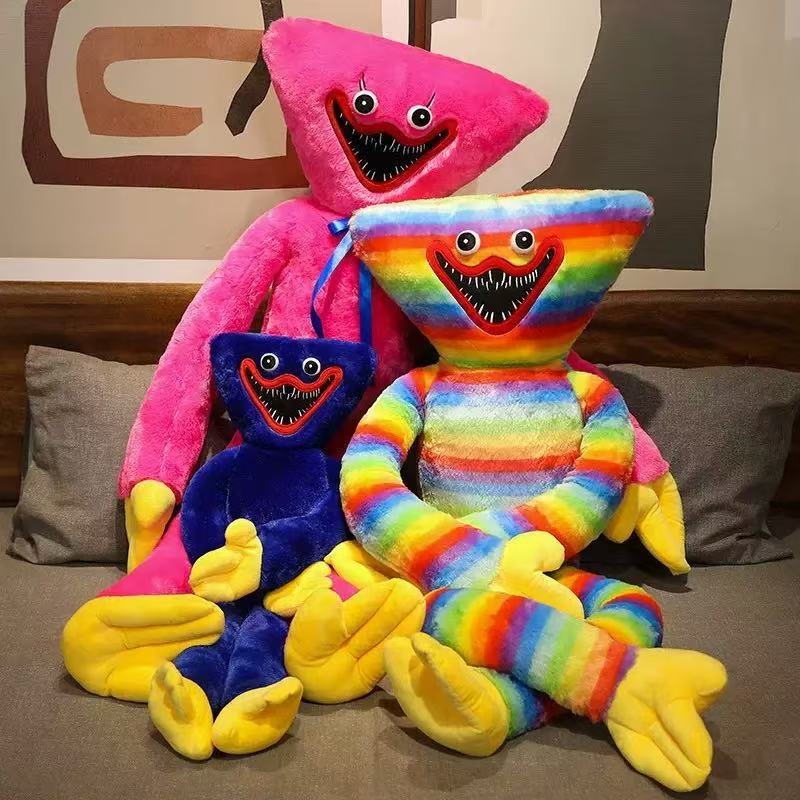
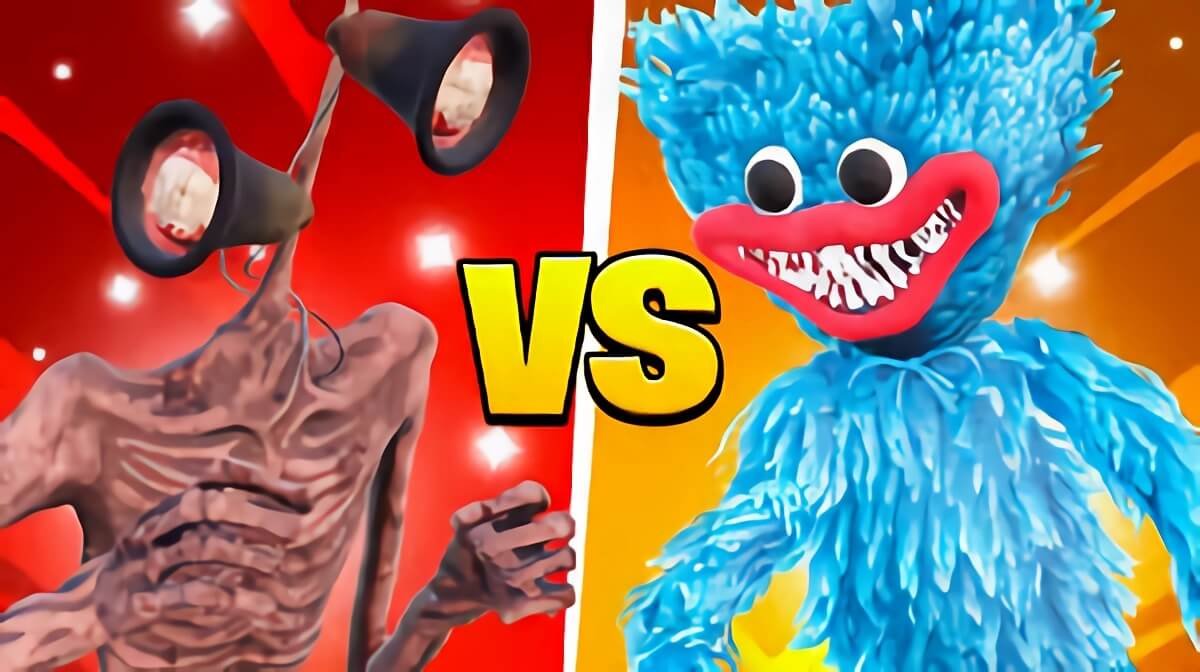
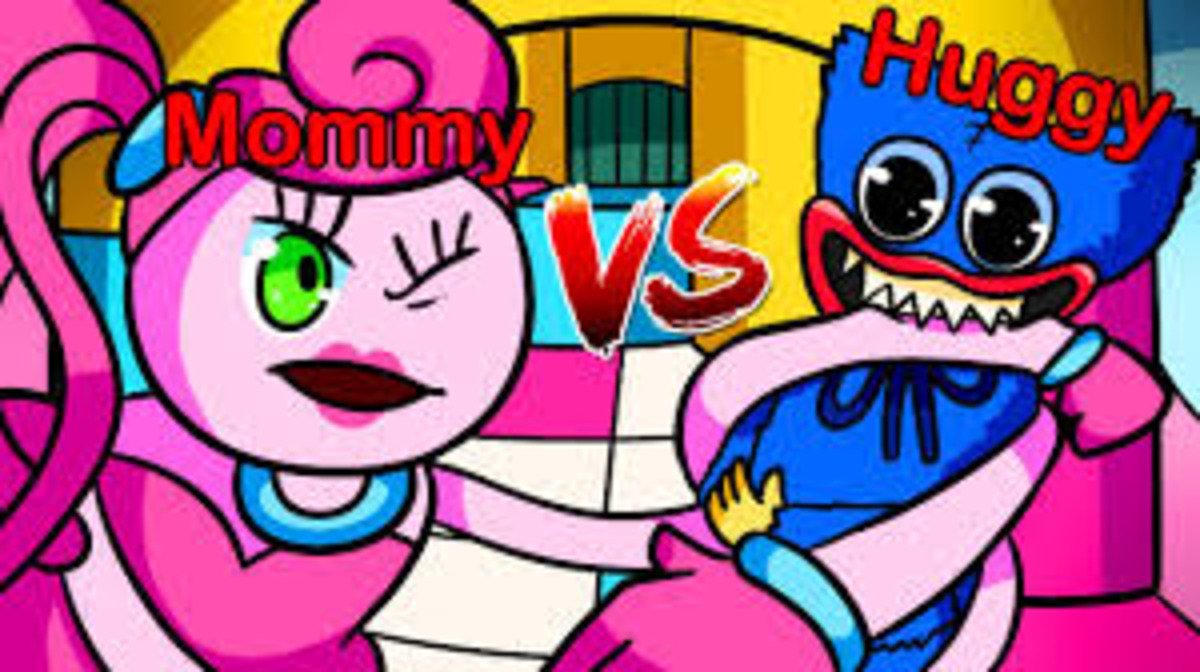
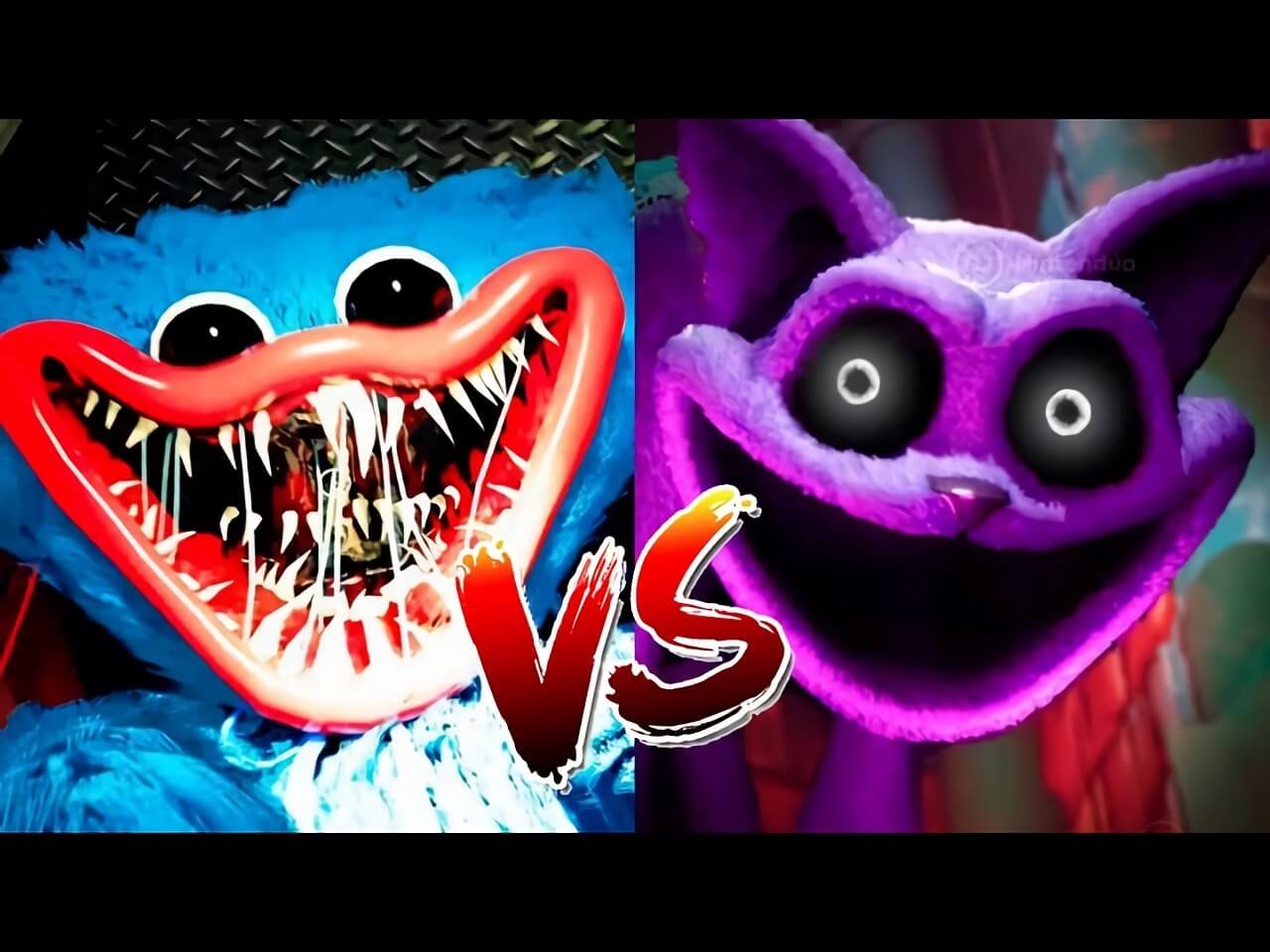
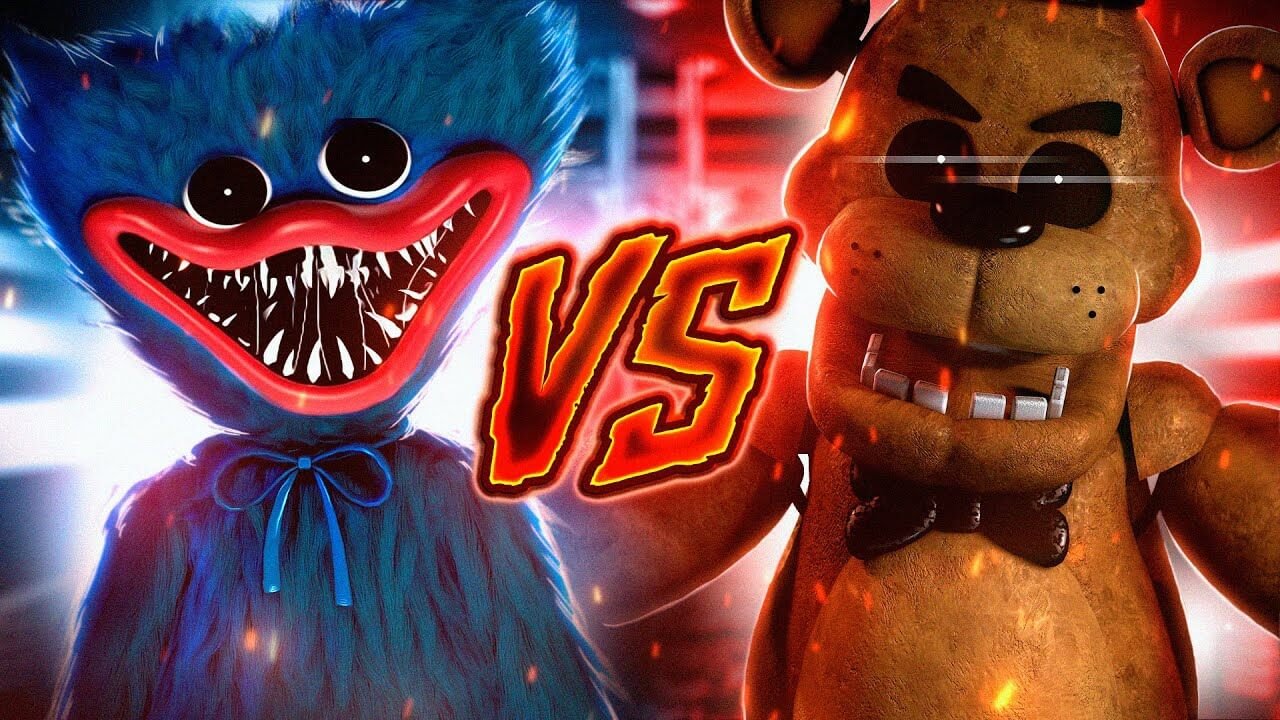


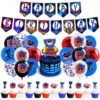


Leave A Comment